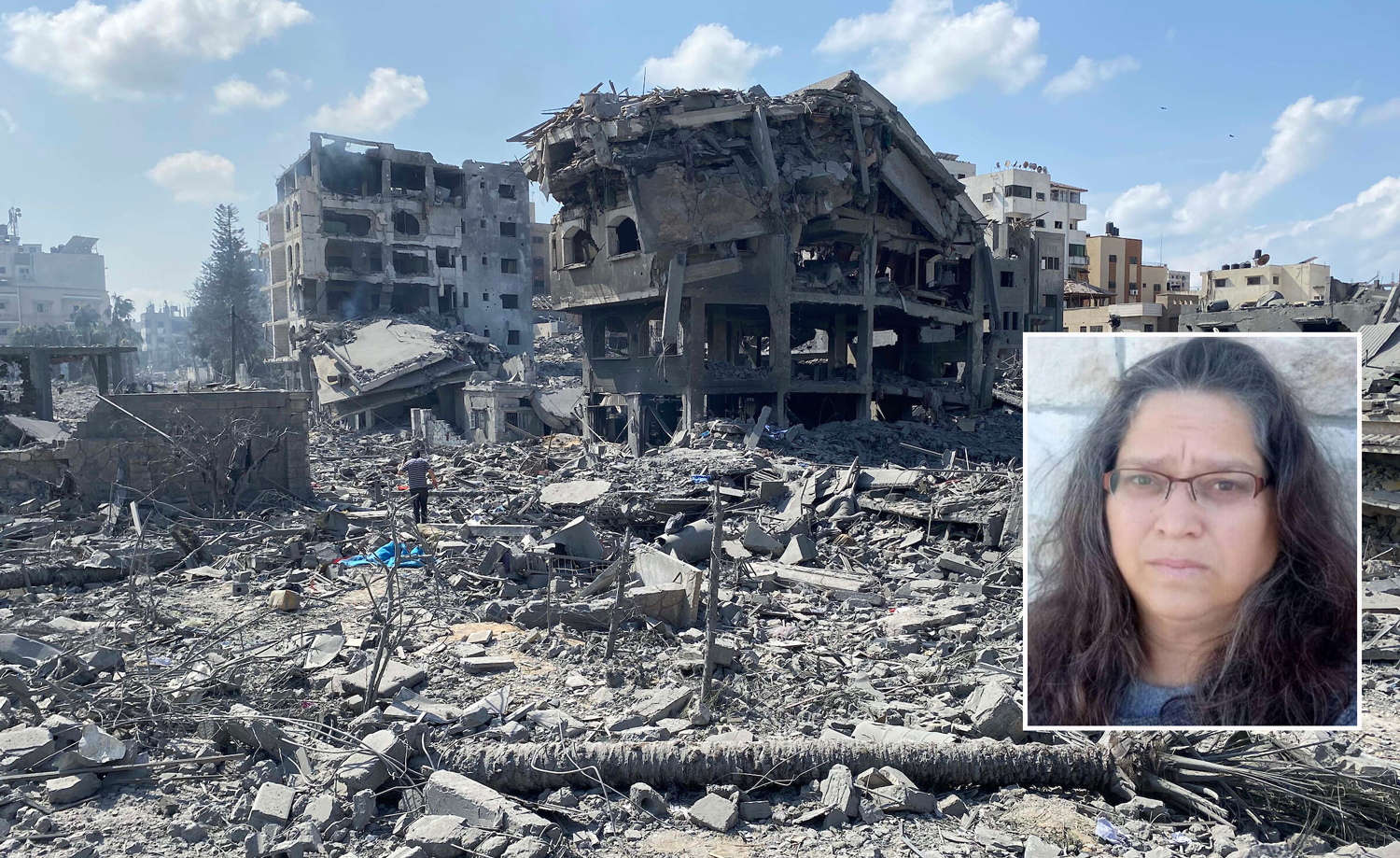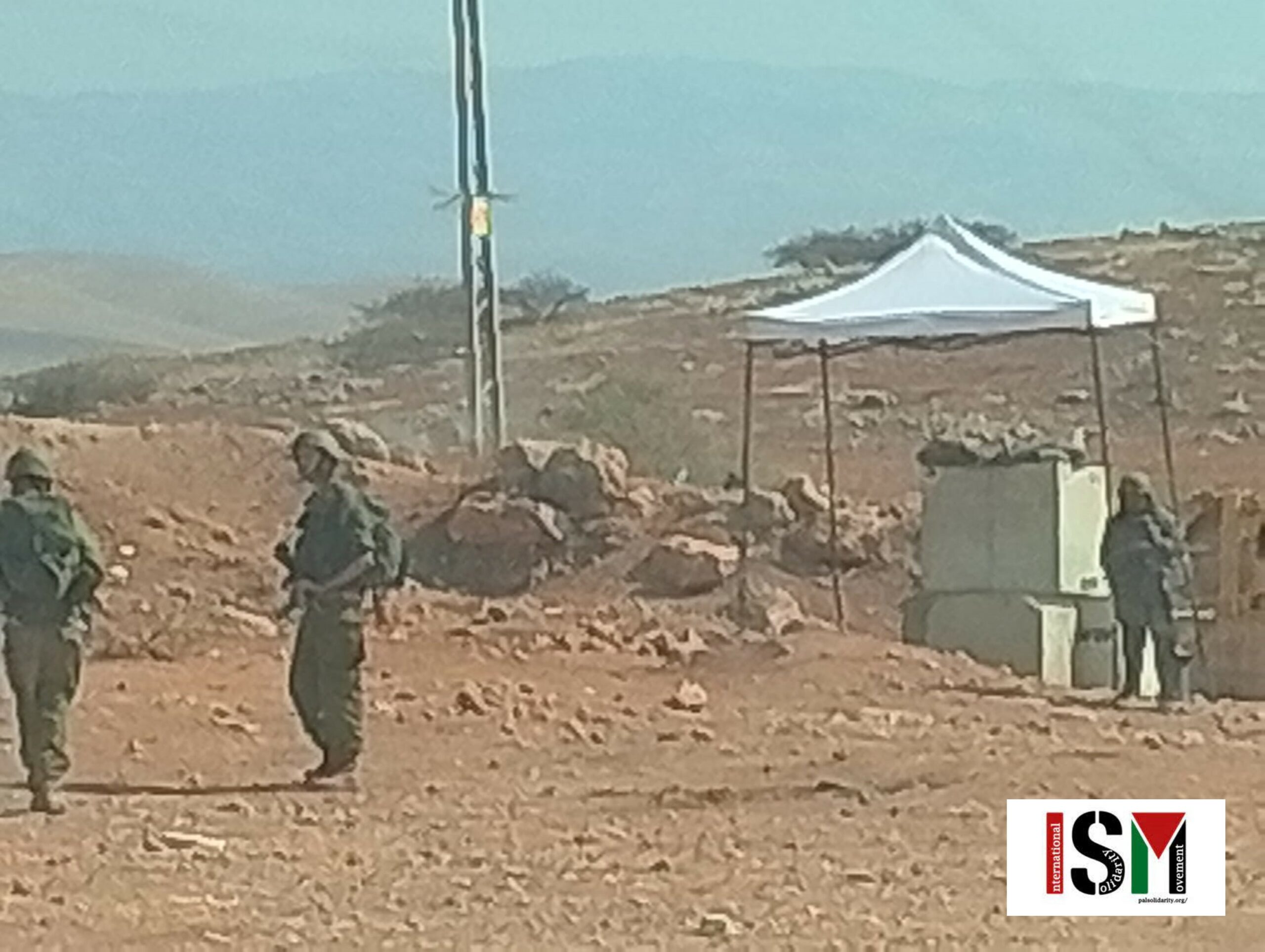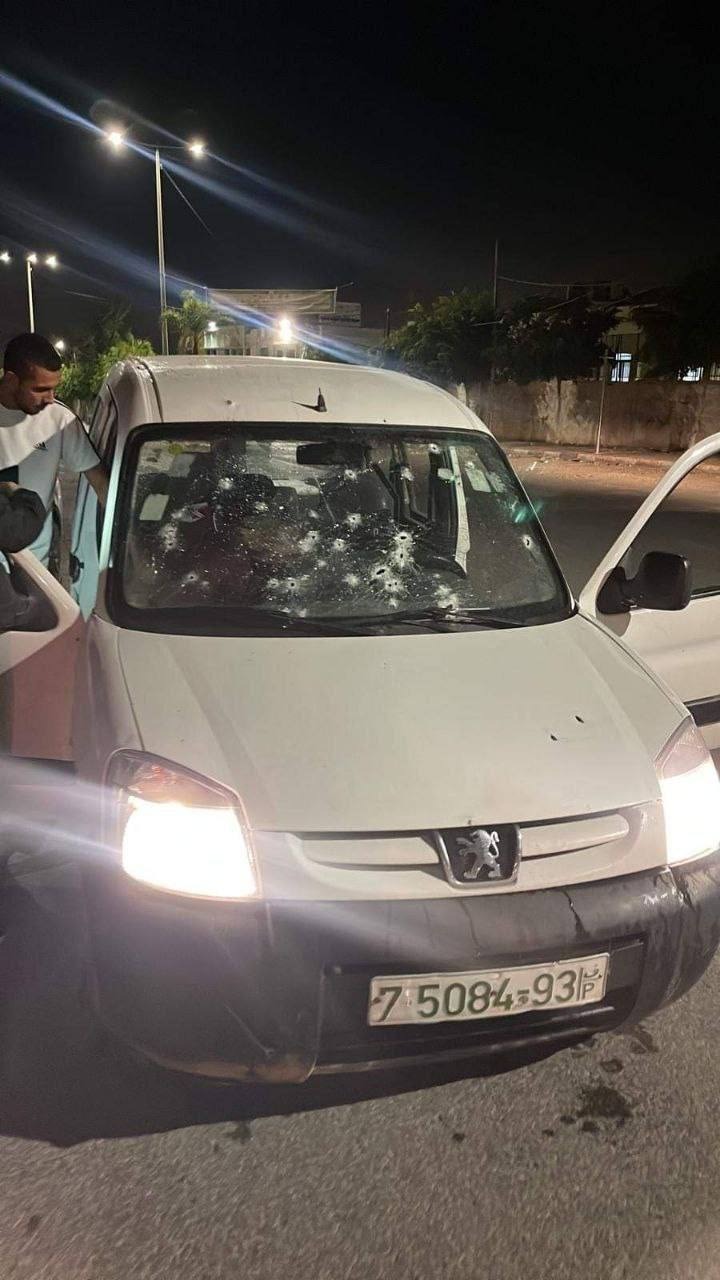-
The UK is doing Israelis like me no favours
Last Friday, with over a thousand other Jewish Israelis, I sent letters to diplomats in Tel Aviv and Jerusalem, pleading with them to intervene – to demand Israel stop bombing Gaza; to prevent the Israeli ground invasion; and to support the call of thousands of Israelis for an immediate prisoner/hostage exchange.
-
Colonial repression accelerates in Jordan Valley
17 October, 2023 | International Solidarity Movement | Jordan Valley Tuesday 17 Oct, an update from the Jordan Valley: Since Israel waged war on Gaza, on October 7, the situation in the Jordan Valley has deteriorated dramatically. Military checkpoints are often completely closed, and movements in and out of the Jordan Valley are severely […]
-
Israeli snipers target civilians, kill father of 3-year-old in Tulkarm
13 October, 2023 | International Solidarity Movement | Tulkarm By Diana Khwaelid On the evening of Friday, October 13th, 2023, Israeli snipers opened direct live fire on a white civilian car while it was passing near the Sanaoz military checkpoint, in Tulkarm city. Ahmed Abed, who was one of the two passengers in the […]
Action Alert An Nabi Saleh Apartheid Wall Arrests BDS Bethlehem Bil'in Cast Lead Demonstration Denial of Entry Ethnic Cleansing Farmers Gaza Global Actions Hebron House Demolition International law Israeli Army Jerusalem Live Ammunition Nablus Ni'lin Prisoner Ramallah Rubber-coated steel bullets Settlement Settlers Settler violence Tear-Gas Canister Video



